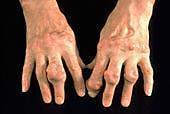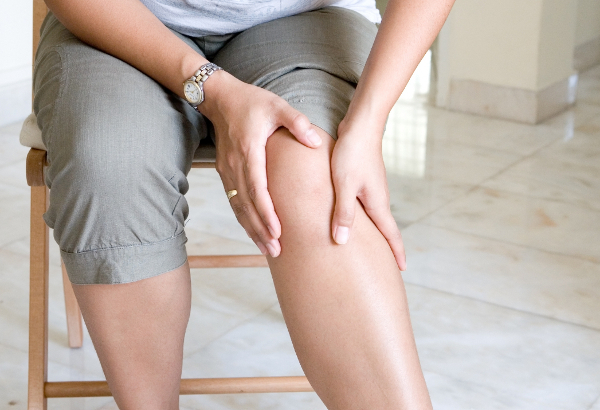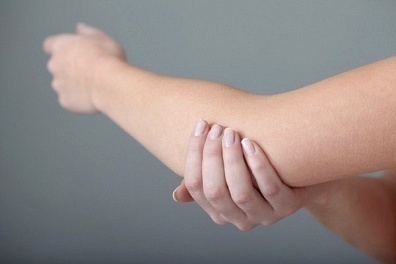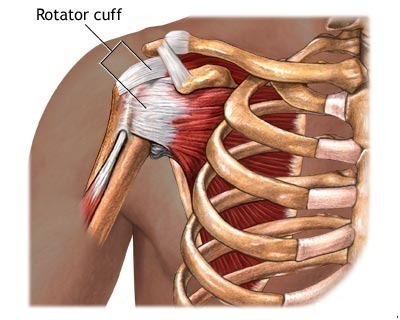What Causes Gout?
Gout is a common painful kind of arthritis caused by uric acid crystals forming in one or more joints. Uric acid is formed when the body breaks down a substance called purines. Purines are found in all of the body’s tissues and normally dissolve in the blood and pass through the kidneys into the urine and out the body. Gout occurs when there is an abnormally high amount of uric acid in the blood. Persons with gout will experience swollen, red, hot and stiff joints. High uric acid levels in the blood are referred to as hyperuricemia; most people with hyperuricemia do not develop gout. But if excess uric acid crystals form in the body, gout can develop.
 The buildup of uric acid will occur if the body produces extra acid or does not eliminate enough, or, from intake of too many foods rich in purines, such as liver, dried beans, peas, anchovies, salmon, sardines, organ meats, asparagus, mushrooms and herring.
The buildup of uric acid will occur if the body produces extra acid or does not eliminate enough, or, from intake of too many foods rich in purines, such as liver, dried beans, peas, anchovies, salmon, sardines, organ meats, asparagus, mushrooms and herring.
A gout attack typically begins in the big toe and persons affected usually recover within three to ten days. However, attacks will eventually last longer and occur more often. Gout can also attack ankles, heels, knees, wrists, fingers and elbows. Uric acid buildup can lead to kidney stones. Untreated gout can cause permanent joint and kidney damage. There are certain medicines uses to treat an acute attack of gout; these include nonsteroidal anti-inflammatory drugs (NSAIDs), corticosteroids, such as prednisone, colchicine, which works best when taken within the first 12 hours of an acute attack
Causes of Gout
Men are at a greater risk of developing gout more often than women since uric acids increase at puberty for men whilst women are more likely to develop gout after menopause. A diet with purine rich foods will definitely increase the risk of gout as well as persons that suffer from and enzyme defect will be prone to the condition since their bodies will have difficulty in breaking down the purine. Exposure to lead and organ transplant are other known risk factors of gout.
Obesity – persons that are overweight will have more tissues available for turnover or breakdown, which leads to increased uric acid production by the body.
Excess Alcohol – alcohol can raise the levels of uric acid in the blood and increases the risk of gout. Beer is a greater risk factor amongst other liquors.
High Cholesterol – foods that are high in fat are usually high in purines. Limit fat intake by choosing leaner meats, foods prepared with less oils and lower fat dairy products.
Diabetes – has been recognized as a plausible cause of gout. Poor blood circulation associated with diabetes means the body is less able to get rid of uric acid. Therefore crystals can collect in the extremities and joints of the body, such as the toes and ankles, and cause painful outbreaks of gout
High Blood Pressure – Some of the drugs used to treat high blood pressure can precipitate a gouty attack..
Hereditary – some persons have a genetic predisposition to excessive uric acid production.
Medications – medicines that may cause gout include the following
- Certain diuretics (“water pills”) used to treat high blood pressure
- Niacin (a B-complex vitamin)
- Aspirin (taken in low doses)
- Cyclosporine – which is used to prevent the body from rejecting a new organ after transplant surgery
- Some drugs used to treat cancer
- Pyrazinamide, which is used to treat tuberculosis
- Levodopa






